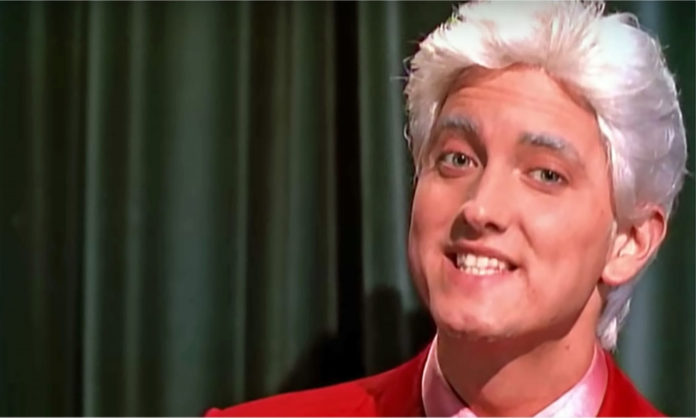Sometimes, our characters pop into life with the exact right name. Other times, we have only a vague idea what to call them and some digging is required. In a post on The Writer, Alison Acheson offers advice for finding the perfect names for your characters.
The internet is a good source for names, particularly if you can narrow your search down to an ethnicity, country, region, or era. It’s also a good idea to keep files of names you like but aren’t ready to use. “When you choose the name that best fits not only the character but also the way you need to approach the work, you create a dynamic from which to pull character knowledge and story material,” Acheson says.
The origin and meanings of names are also important. Using the name “Frank” for someone blunt may be too on the nose, but there are more subtle ways to convey character though naming. You can also consider opposites – giving a brash character a softer name – and find inspiration in the contradictions.
Don’t be afraid to experiment, Acheson says. “A shift, a name change, can cause you to see your character from another side entirely,” she writes. “Write a couple scenes with different name possibilities. See what comes. It might open a new vantage point to a character.” But remember, it’s not always necessary to come up with an unusual name. In fact, too many unusual names in one story could become distracting. Readers don’t mind encountering a Robert or Susan, if that’s the right name for your character.
Another angle to consider is who named your character? Their parents, grandparents, or sibling? How and when was the choice made? Those questions can also lead you deeper into character and family relationships. Also consider the names your characters give to other things, such as pets, children, or even inanimate objects, such as their car. What does this say about your character? What tone is set?












